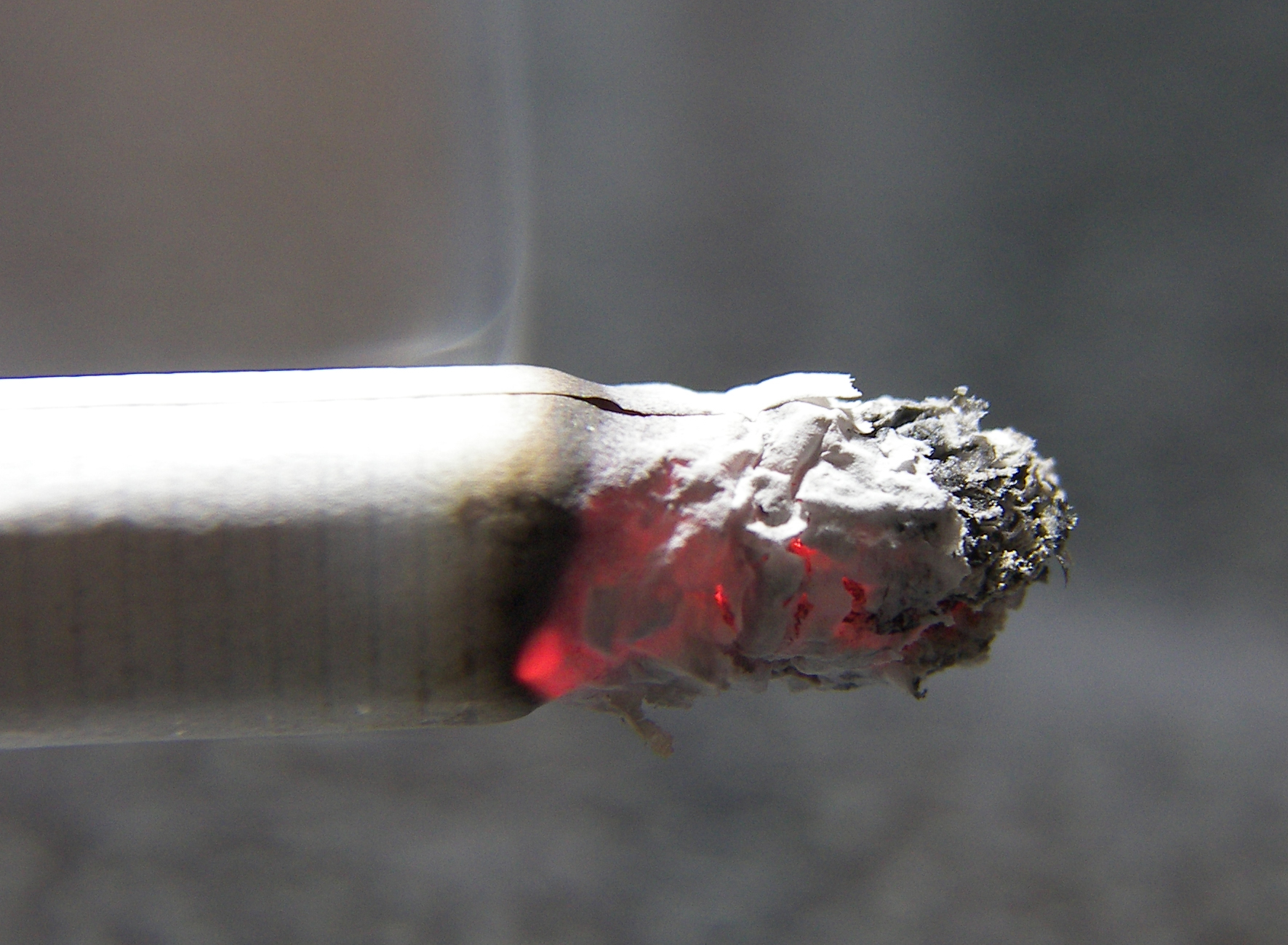TUESDAY, Sept. 13, 2016 (HealthDay News) — “I didn’t think it was going to be that big a deal.”
That was Democratic presidential candidate Hillary Clinton’s explanation for not revealing earlier that she had been diagnosed with pneumonia on Friday.
On Sunday, Clinton abruptly left a 9/11 memorial service at ground zero in New York City after she became overheated and dehydrated, her personal physician, Dr. Lisa Bardack, said later Sunday.
Videos shot by onlookers seemed to show the 68-year-old Clinton wobbling before she was helped into her van.
Bardack said later Sunday, “I have just examined her and she is re-hydrated and recovering nicely.”
In a telephone interview with CNN on Monday evening, Clinton said: “I’m feeling so much better, and obviously I should have gotten some rest sooner. I probably would have been better off if I’d just pulled down my schedule on Friday, but like a lot of people I just thought I could keep going forward and power through it and obviously that didn’t work out so well.”
She said her doctor had told her Friday to take antibiotics and five days off for rest, but she ignored the rest advice.
After the 9/11 ceremony Sunday, Clinton returned to her home in Chappaqua, N.Y., and subsequently canceled a planned Monday campaign trip to California.
For Clinton, her pneumonia began as a persistent cough that was related to allergies, Bardack said in a statement released Sunday.
Doctors told HealthDay that pneumonia is common and, in Clinton’s case, may not be very serious.
“Pneumonia is an infection [of the lung] that requires rest, recuperation and aggressive treatment,” said Dr. Marc Siegel, a clinical professor of medicine at the New York University School of Medicine in New York City.
It’s not something to be taken lightly, Siegel said, but added, “In most cases the prognosis is good.”
Siegel said that because Clinton is taking antibiotics, that may indicate she is suffering from pneumonia caused by bacteria, rather than a virus. But, in either case antibiotics are often prescribed, he said.
“It can be hard to distinguish bacterial pneumonia from viral pneumonia. Sometimes you put a patient on antibiotics if you’re not sure,” he said.
“Most pneumonia responds to treatment,” Siegel said. “The usual prescription is rest and keeping hydrated. Pneumonia usually lasts a couple of weeks,” he added.
Another respiratory physician expects Clinton will recover quickly.
“Walking pneumonia is probably not more serious than a deep chest cold, it’s just got a scarier name,” said Dr. Len Horovitz, a pulmonologist at Lenox Hill Hospital in New York City.
“The prognosis is excellent, just like a cold,” he said. “You have to give an antibiotic even if you think it’s viral pneumonia because cultures take several days to get back.”
It’s not hard to get pneumonia, Horovitz, said, especially for someone like a political candidate who’s constantly mixing with the public, often in confined spaces.
“You get pneumonia the same way you get a cold,” he said. “You look at someone who is shaking a thousand hands and kissing a thousand cheeks, there’s plenty of germs that get spread around. But it’s a relatively mild illness and usually cures itself.”
According to the American Lung Association (ALA), pneumonia is a common lung infection caused by bacteria, a virus or fungi.
The disease and its symptoms can vary from mild to severe. Treatment depends on severity and the patient’s age and overall health. Most healthy people recover from pneumonia in one to three weeks. But, pneumonia can be life threatening, especially for the very old and the very young, according to the lung association.
Steps to potentially head off pneumonia include getting an annual flu shot, because flu often leads to pneumonia; frequent hand washing; and for those 65 and older or those at high risk to get vaccinated against pneumococcal pneumonia, according to the ALA.
Republican president candidate Donald Trump has suggested on occasion that Clinton may have some health problems.
Clinton’s campaign released a letter last year from Bardack saying Clinton was in good health. The most significant health events in Clinton’s medical records included deep vein thrombosis (a blood clot, typically in the leg) in 1998 and 2009, a broken elbow in 2009 and a concussion in 2012, the Associated Press reported.
More information
To learn more about pneumonia, visit the American Lung Association.
Copyright © 2026 HealthDay. All rights reserved.

